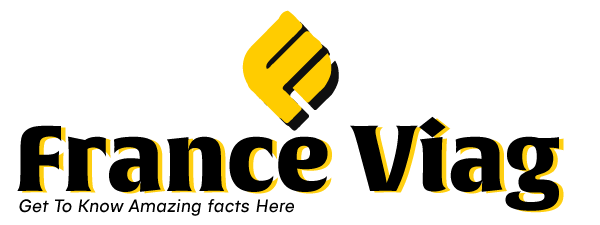The Dark Web, often shrouded in intrigue and negativity due to its association with illicit activities, surprisingly harbors facets that can significantly benefit personal security and privacy. While it is commonly viewed as a haven for illegal transactions and activities, the Dark Web also provides valuable tools and platforms that can enhance individuals’ safety and protect their personal information in an increasingly digital world. One of the Dark Web’s primary advantages is its role in safeguarding privacy. The anonymous nature of the Dark Web, enabled by technologies like Tor the Onion Router, allows users to browse and communicate without revealing their identity or location. This anonymity can be a crucial shield for whistleblowers, journalists, and activists who operate in repressive regimes where their safety could be compromised if their activities were exposed. By using Dark Web platforms, these individuals can share critical information and expose injustices while minimizing the risk of retaliation or censorship.
Moreover, the hidden wiki Dark Web can serve as a refuge for individuals concerned about their digital privacy. In an age where personal data is often harvested by corporations and governments, the Dark Web provides a space where individuals can engage in transactions and communications with a heightened level of confidentiality. For example, privacy-focused forums and marketplaces on the Dark Web can offer encrypted communication channels and secure methods for exchanging goods and services, free from the pervasive tracking and surveillance found on the surface web. Additionally, the Dark Web can be a critical resource for cybersecurity professionals. It serves as a unique environment where security experts can monitor and investigate cyber threats and vulnerabilities. By understanding the tactics and tools used by malicious actors on the Dark Web, cybersecurity experts can develop more effective defenses and strategies to protect against cyberattacks. This proactive approach not only helps secure sensitive data but also contributes to the broader digital security landscape.
Furthermore, the Dark Web’s existence prompts greater emphasis on digital security measures among mainstream platforms. The awareness of potential threats and vulnerabilities encourages both individuals and organizations to adopt robust security practices, such as using strong encryption, implementing multi-factor authentication, and maintaining vigilant monitoring of digital activities. This heightened awareness and preparedness can lead to an overall improvement in personal and organizational cybersecurity. In summary, while the Dark Web is often associated with criminal activity, it also has positive implications for personal security and privacy. Its anonymous nature supports the protection of sensitive information and enables free expression for those in oppressive environments. Additionally, the Dark Web serves as a vital tool for cybersecurity professionals and encourages stronger security practices across the digital landscape. Thus, the Dark Web’s positive impact on personal security and privacy highlights the complex and multifaceted nature of this hidden part of the internet.
